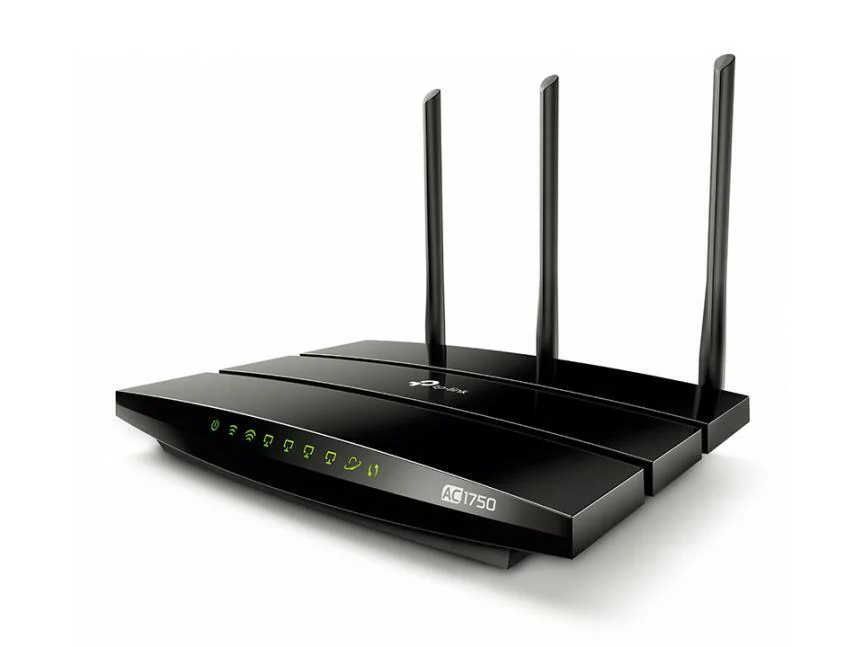Is 5G Home Internet the Solution to Your Broadband Needs? The world is becoming increasingly digital, and high-speed internet has become an essential component of our daily lives. With the advent of 5G technology, the next generation of home internet has arrived, promising faster speeds and more reliable connections. But is 5G home internet the solution to all your broadband needs? Let’s take a closer look.
In an era where fast and reliable internet connectivity has become a lifeline for both work and leisure, the introduction of 5G technology has sparked a new wave of excitement. 5G promises lightning-fast speeds, minimal latency, and the potential to revolutionize the way we connect. One area where this impact is eagerly anticipated is home internet.
But is 5G home internet the solution to your broadband needs? Let’s delve into the details and explore whether 5G is the game-changer we’ve been waiting for.
The Dawn of 5G Home Internet
The rollout of 5G technology has ushered in a new era of connectivity, promising speeds that put even the best wired connections to shame. With download and upload speeds that can rival fiber-optic connections, 5G holds the potential to provide a wireless alternative to traditional home broadband services.
Advantages of 5G Home Internet
Blazing-Fast Speeds
One of the most compelling features of 5G is its incredible speed potential. With the ability to deliver multi-gigabit speeds, downloading large files, streaming 4K and even 8K content, and participating in lag-free online activities becomes a breeze.
Low Latency
5G’s low latency opens the door to real-time applications like online gaming and video conferencing without frustrating delays. This is particularly appealing for those who rely on responsive connections for work and leisure.
Increased Connectivity
5G’s capacity to connect a massive number of devices simultaneously is ideal for smart homes with multiple IoT devices. You can control everything from lights to security cameras with minimal lag.
Potential for Rural Areas
In areas where laying traditional broadband infrastructure is costly or challenging, 5G could bridge the digital divide, providing high-speed internet to rural communities.
Considerations and Potential Drawbacks
Coverage Limitations
While 5G coverage is expanding rapidly, it’s not universally available yet. Urban and densely populated areas are more likely to have coverage, while rural and remote areas might have limited access.
Infrastructure Requirements
To enjoy the full benefits of 5G, you’ll need a 5G-compatible router and a device that supports 5G technology. Upgrading your equipment can be an added cost.
Potential Interference
5G operates at higher frequencies, which could result in signal interference from physical obstacles like walls or even weather conditions.
Is 5G Home Internet Right for You?
Urban Dwellers
If you reside in an urban area with strong 5G coverage, the convenience and speed of 5G home internet could be a game-changer, freeing you from wired connections.
Rural Residents
For those in remote areas with limited broadband options, 5G could be a lifeline, bringing high-speed internet where traditional infrastructure falls short.
Gamers and Streamers
Gamers and content streamers benefit from 5G’s low latency and high speeds, ensuring seamless online experiences and high-quality streaming.
The Future of 5G Home Internet
As 5G networks continue to expand and technology evolves, we can expect even better coverage, more stable connections, and increased affordability. This makes 5G home internet a promising prospect for the future.
The Advantages of 5G Home Internet
One of the main advantages of 5G home internet is its speed. With speeds that are up to 100 times faster than 4G, 5G home internet offers lightning-fast internet that is perfect for streaming, gaming, and video conferencing. Additionally, 5G home internet is more reliable than traditional broadband services, offering low latency and less downtime, so you can stay connected even during heavy internet use.
Another advantage of 5G home internet is its convenience. Unlike traditional broadband services that require the installation of cables or fiber optic networks, 5G home internet uses wireless technology, making it quick and easy to set up. This means that you can start using the internet right away, without the need for complicated installation processes.
The Disadvantages of 5G Home Internet
While 5G home internet has several advantages, it also has its fair share of disadvantages. One of the main disadvantages is the limited coverage of 5G networks. Currently, 5G networks are still in the early stages of deployment, and are only available in select cities and regions. This means that you may not be able to enjoy the benefits of 5G home internet if you live in an area that is not yet covered.
Another disadvantage of 5G home internet is its cost. While 5G home internet is becoming increasingly affordable, it is still more expensive than traditional broadband services. This may be a barrier for some people who are looking for a more cost-effective solution for their broadband needs.
Is 5G Home Internet Right for You?
5G home internet is a cutting-edge technology that offers fast speeds and reliable connections. However, it may not be the right solution for everyone. If you live in an area that is not yet covered by 5G networks, or if you are looking for a more cost-effective solution for your broadband needs, traditional broadband services may be a better option for you.
In conclusion, 5G home internet is a promising technology that offers faster speeds and more reliable connections. However, it is important to consider the advantages and disadvantages of 5G home internet before making a decision, and to determine if it is the right solution for your broadband needs.
Conclusion: Making an Informed Choice
Is 5G home internet the solution to your broadband needs? The answer depends on your location, usage, and preferences. With its remarkable speeds, low latency, and potential to connect the unconnected, 5G has undoubtedly changed the connectivity landscape. However, it’s crucial to consider coverage, infrastructure, and potential drawbacks before making the switch. Evaluate your needs, research your area’s 5G coverage, and assess the available plans to determine whether 5G home internet is the right fit for you.
However, it is important to keep in mind that 5G networks are still in the early stages of deployment, and coverage is limited in many areas. Additionally, 5G home internet is more expensive than traditional broadband services, making it a more costly option for some people.
When deciding whether 5G home internet is right for you, it is important to consider your specific needs and circumstances. Take a close look at your broadband usage and decide if 5G home internet is worth the investment. If you are looking for a fast, reliable, and convenient solution for your broadband needs, 5G home internet may be just what you’re looking for.



